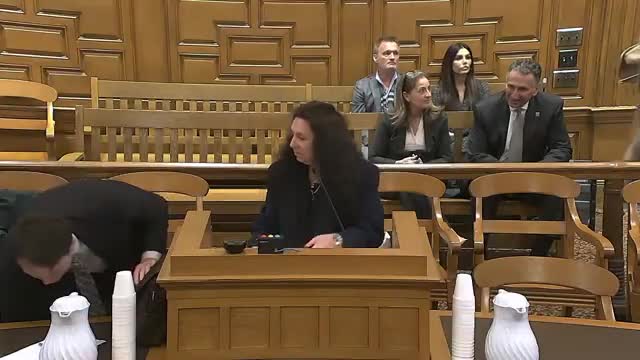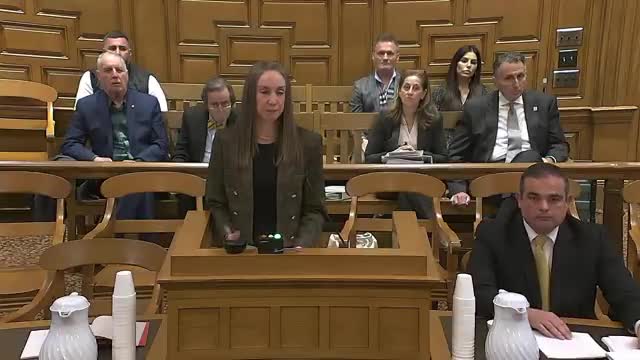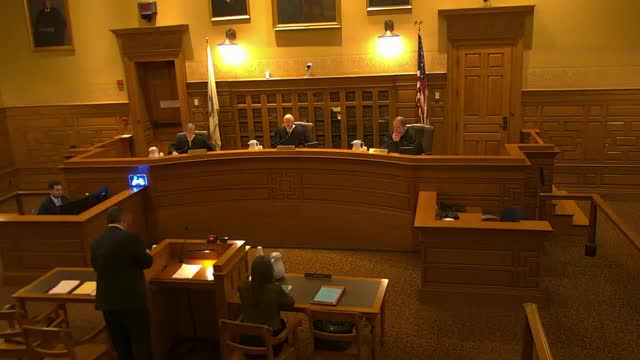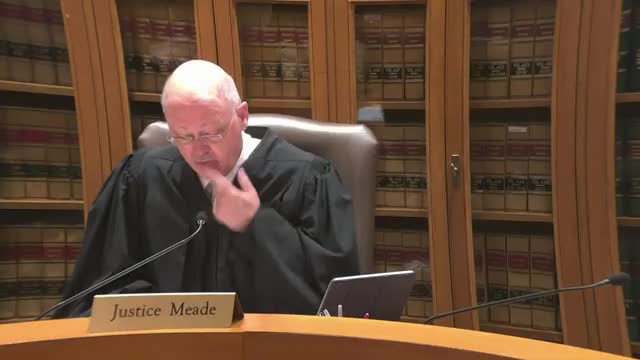Article not found
This article is no longer available. But don't worry—we've gathered other articles that discuss the same topic.

Appeals court hears challenge to termination of parental rights; defense raises race and ineffective-assistance claims

Appeals court hears challenge to long-frozen funds in impounded grand jury investigation

Appeals court hears challenge to juror discharge, evidence and verdict form in Colombo case

Appeals court reviews contract language in sewer-easement dispute between Range Way and Billerica Developers

